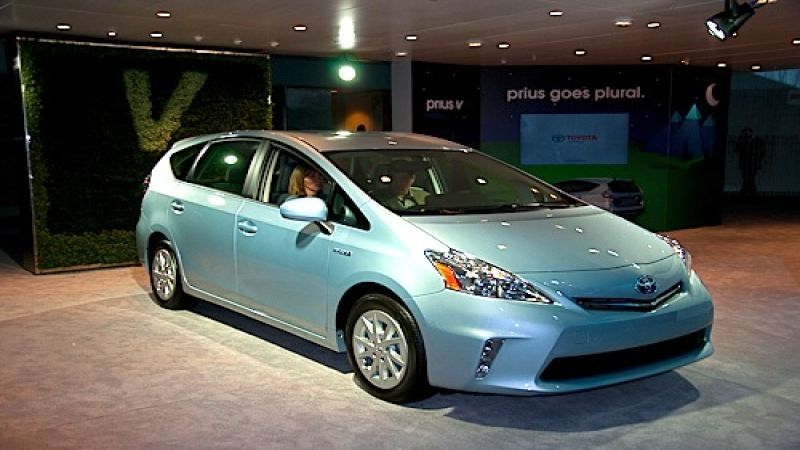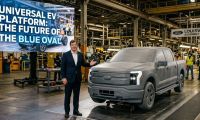To the sticky issue of how to make our automobile industry green, the alluring alternative energy solution of using an electric drivetrain makes more sense than using an internal combustion engine. Yet, besides the point of producing electricity, we also need to manufacture cars, a well known global polluting process.
The Rare Metal Dilemma. Currently, we use rare Earth materials to build for our hybrid, HEV, plug-in hybrid, PHEV and electric car, EV batteries chemistry and electric motors. The key is to find more common Earth materials in order to lower the price and whisk away new monopolies. Elements such as neodymium and dysprosium are needed to build electric motors and make power magnet to drive those cars, both rare and naturally, expensive.
What Is The Problem? Adding to the global economic security issue, China has the monopoly on mining these rare elements, currently topping a whooping 95% of mining capacity. With the latest news of its continuing efforts to limit exports of said materials, keeping them for domestic production, those resource are being depleted with dire global environmental degradation results. Alarmed car makers and trading companies have sent the news media into a frenzy with the obvious fear result of sending prices soaring to new heights. This, not only undermines the push toward the electric drive platform and outweighs its benefits. If we are to move away from an overpowering oligarchy to a mineral monopoly, where is the financial gain and how will customers be able to afford low fuel consumption cars?
Toyota To The Rescue! According to the Japanese Kyodo News, Toyota is working on that issue, as other car makers are. In an interesting case of what seems to be a poker game threat, the company announced it is researching alternative minerals and would be able to bring them to the market should prices not come down fast enough. The question remains as to when these new elements could be made available.
What Is At Stake? What is holding back a greater adoption of hybrid and electric car is the obvious price difference. While we can prove hybrids and electric cars are cheaper to buy, operate and maintain over time compared to their gas counterparts, many people bulk at the initial financial outlay. Finding cheaper, more common materials for battery technology and the making of electric motors is a double front race. On the one side, it aims to make alternative energy cars more affordable, while loosening a newly formed monopoly and make this world a little healthier.
Would this make you wait and see what would happen after the Prius C?
Set Torque News as Preferred Source on Google










